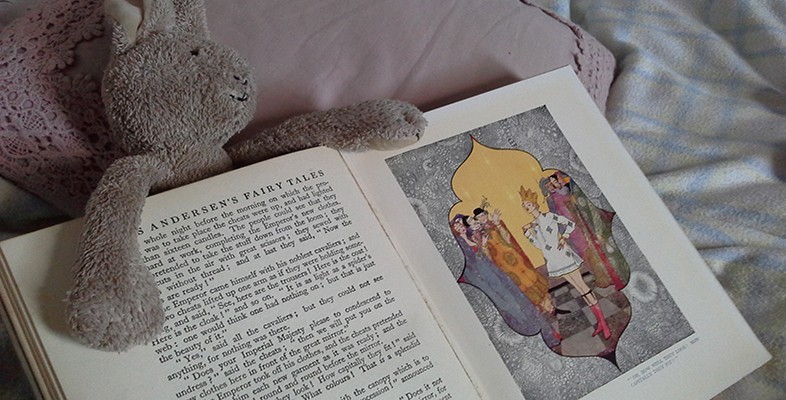Home » Course Layouts » Free Course Layout Udemy
Many people have fond memories of the stories they encountered in childhood, perhaps especially of those wonderful picture books and illustrated tales that fired our young imaginations and transported us to magical worlds. To an adult’s eye, some picture books may seem remarkably simple, even oversimplified. However, in this free course, Exploring books for children: words and pictures, you will learn how children’s books use words and pictures together in remarkably sophisticated ways to communicate both to young and older readers, drawing on examples from the classics, such as Beatrix Potter’s Tales of Peter Rabbit, and from contemporary children’s authors such as Anthony Browne, author of Gorilla.
0
59
English
English [CC]
- Learn basic syntax that can apply to any language.
- Learn what is a programming language and the basic concepts for beginners.
- Understand what is Javascript in it's truest form.
- Know the basic syntax of Javascript.
- Know some hidden quirks in Javascript.
Description
Introduction
Pictures have played an important role in books for children ever since there have been publications produced particularly with children in mind. But how do stories and picturebooks encountered in childhood fire young imaginations? In this free course Exploring books for children: words and pictures you will learn how children’s fiction, ranging from classics such as Beatrix Potter to contemporary authors like Anthony Browne, combines images and text in remarkably sophisticated ways to communicate with young and old.
Learning outcomes
After studying this course, you should be able to:- Understand how images communicate meanings to the readers of children’s books
- Understand the role of cultural knowledge in making sense of images
- Understand how words and pictures can reinforce or contradict one another in a text, with interesting results
- Recognize the work of some famous illustrators for children
- Understand how the use of images in children’s books has changed over time and what it means to create books for the specific audiences of children and their carers.
Course content
-
- Words and Pictures in Children’s Fiction Through the Ages 00:40:00
-
- Making Sense of Pictures 00:50:00
- Combining Words and Pictures 00:50:00
- Illustration 00:40:00
- Analysing Images: Composition and Symbolism 01:10:00
- Conclusion 00:20:00
N.A
- 5 stars0
- 4 stars0
- 3 stars0
- 2 stars0
- 1 stars0
No Reviews found for this course.










